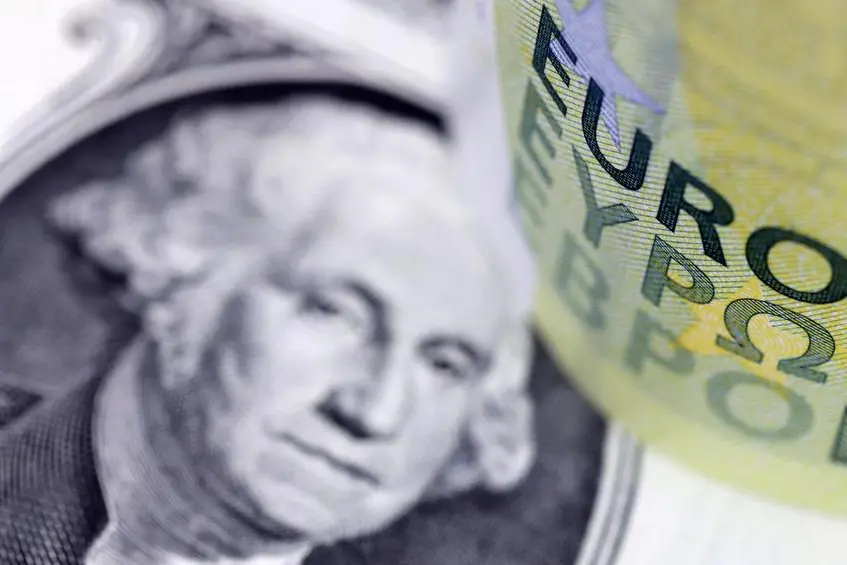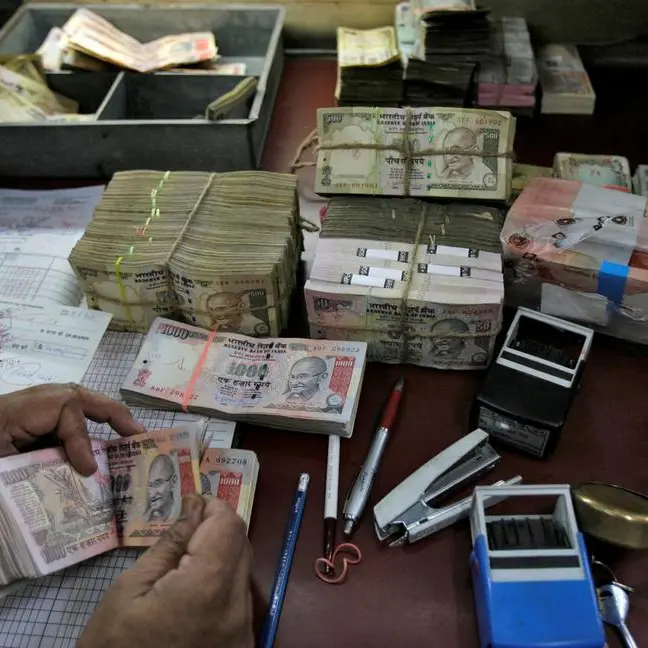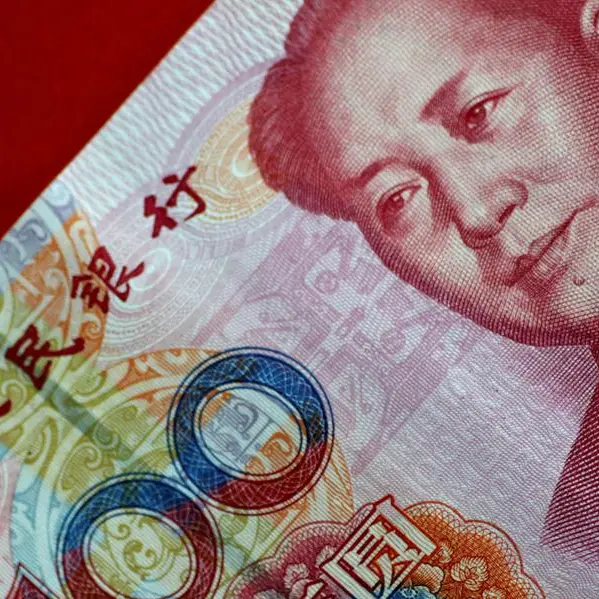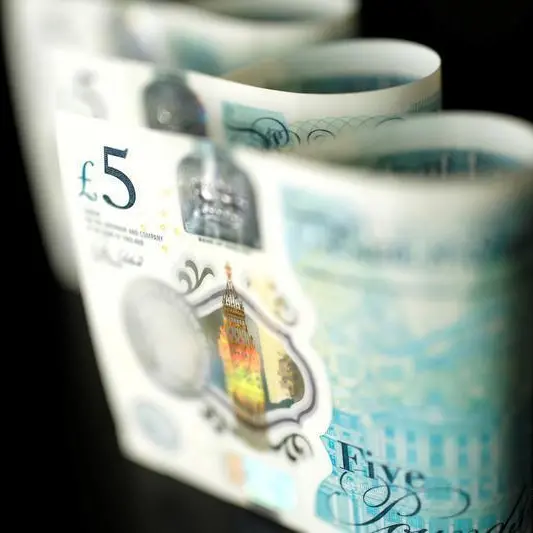PHOTO
NEW YORK/LONDON - The dollar eased on Monday, giving back some of the gains it made following Friday's blockbuster U.S. jobs report, as investors looked ahead to Wednesday's inflation data for more clues about the Federal Reserve's next steps.
U.S. job growth rose much more than expected in July, data showed on Friday, lifting the employment level above its pre-pandemic mark and calming fears that the economy was in recession. Investors read the data as a indication the Fed could raise interest rates more aggressively to combat inflation.
The upbeat mood carried into Monday, with global stock markets gaining ground.
"We're seeing some broad dollar weakness because the risk vibe is fairly buoyant," Erik Bregar, director of FX & precious metals risk management at Silver Gold Bull, said of the safe haven currency.
The dollar index, which measures the greenback against a basket of peer currencies, was at 106.23 at 10.15 a.m. eastern time (1415 GMT), down 0.394%, compared with Friday's 10-day high of 106.930.
Traders were pricing in a roughly 69% chance of the Fed raising rates by 75 basis points (bps) at its September meeting, according to Refinitiv data.
Fed Governor Michelle Bowman said on Saturday that the U.S. central bank should consider more 75 bps hikes at coming meetings to bring inflation back down.
"The U.S. dollar has been supported by the combination of stronger U.S. economic data releases and hawkish comments from regional Fed presidents that have encouraged market participants to push back expectations for a dovish policy pivot from Fed," MUFG currency analysts Derek Halpenny and Lee Hardman said in a note to clients.
Markets are looking ahead to U.S. inflation data for July, which will be released on Wednesday. Analysts polled by Reuters expect annual inflation to have eased to 8.7% in July from 9.1% previously.
High inflation combined with Friday's labor market reading could push the market to fully price in 75 basis points of Fed hikes for September, according to Tim Graf, head of EMEA macro strategy at State Street.
"If you have both things (jobs growth and inflation) still running very, very hot then it becomes very difficult, I think, to back away from another 75 basis point hike," he said.
As global stock indexes ticked higher, currencies seen as riskier, such as the Australian and New Zealand dollars, made gains, with the Aussie up 1.12% at $0.69885 and the Kiwi up 0.79% at 0.6293. .
The dollar was down 0.33 versus the yen, with the pair changing hands at 134.57.
Euro zone bond yields fell back down after gaining following the jobs data on Friday. Italian bonds appeared to brush off a decision by Moody's to lower Italy's ratings outlook.
The euro edged up 0.04% at $1.02005.
"If quiet summer markets prompt renewed interest in the carry trade, the euro will probably be one of the preferred funding currencies," said ING FX analyst Chris Turner in a client note.
The British pound was 0.41% higher at $1.2122.
Foreign Secretary Liz Truss - who is expected to replace Boris Johnson as prime minister next month - has said she plans to hold a review of the Bank of England's mandate.
Markets showed little reaction to China announcing fresh military drills in the seas and airspace around Taiwan.
"We're still in the realm of the political, thankfully, where righteous indignation doesn't necessarily move markets," said State Street's Graf.
(Reporting by Elizabeth Howcroft; Editing by Alex Richardson and Barbara Lewis)












